Jane Racey Gleeson has been a member of the University of Michigan Frankel Cardiovascular Center’s communications team as a contributing writer for the past five years. She works with the team to produce targeted communications for a variety of Frankel CVC-related projects. Gleeson’s 30+ years in the technical communications field extends to custom publications, website development and integrated marketing for a variety of clients. She holds a bachelor’s degree in journalism from Oakland University in Rochester, Michigan.
Contact information


Health Lab
How to tell the difference between a panic or anxiety attack & a heart attack, learn how to spot anxiety chest pain vs. heart attack symptoms and when to get help

Health Lab
Circumstances differ by patient, but there are ways for doctors to tell when an enlarged aorta requires surgery, medication or observation.
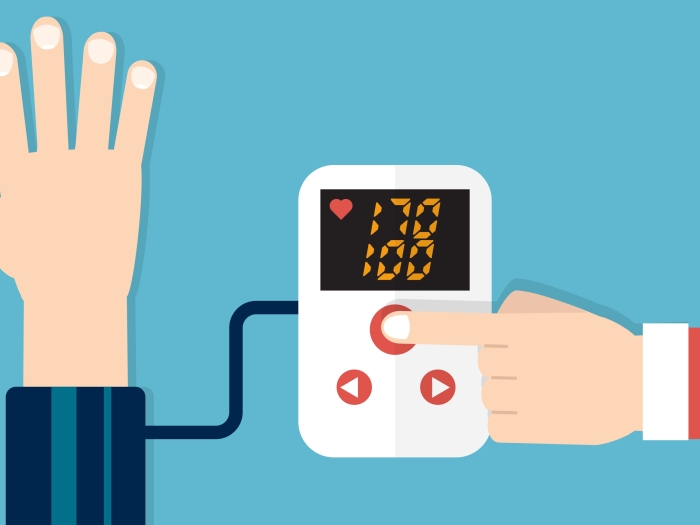
Health Lab
Learn eight easy tips to lower high blood pressure. These simple steps reduce your risk of hypertension, increasing your quality of life.
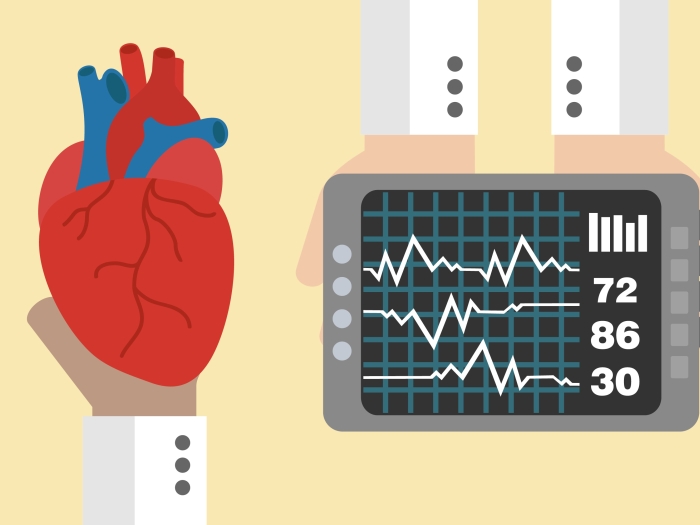
Health Lab
UMHS cardiologist and arrhythmia expert explains atrial fibrillation (Afib) treatments, considering the Watchman procedure, ablation and medication options.
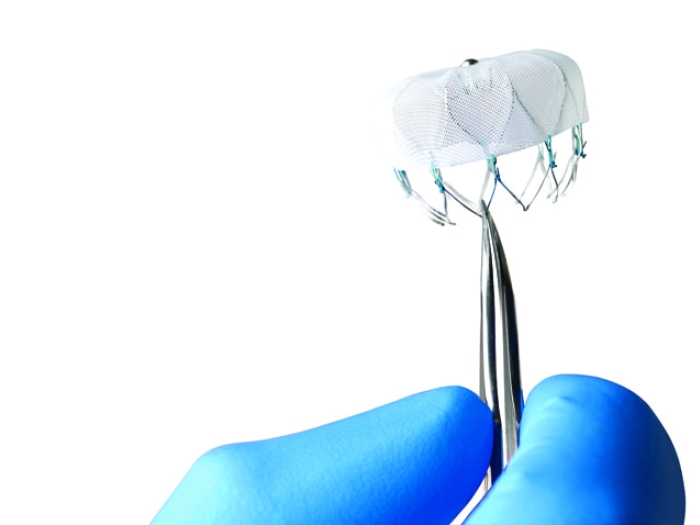
Health Lab
Watchman heart implant serves as warfarin alternative to avert stroke-provoking clots. This new medical technology is an option for certain at-risk patients.
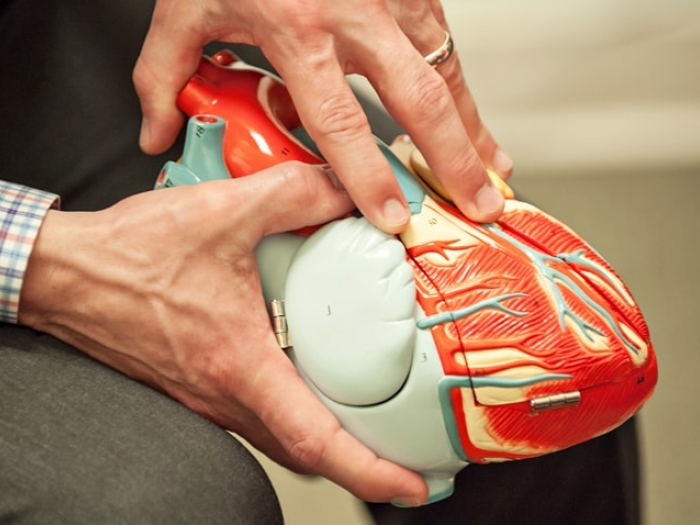
Health Lab
A U-M cardiac surgeon speaks about a rare form of blood clots called CTEPH. When medication fails, a complex surgery called PTE has shown successful outcomes.
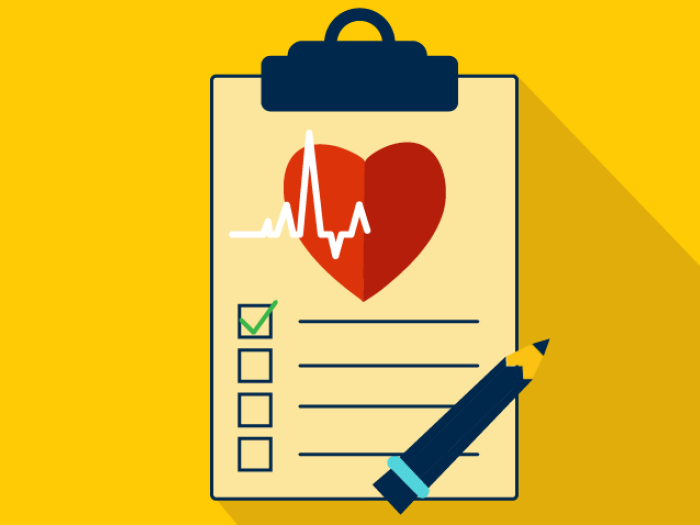
Health Lab
Learn the risk factors for heart disease by reading these simple things to measure. These tests will help you to discover your risk factors for heart disease.